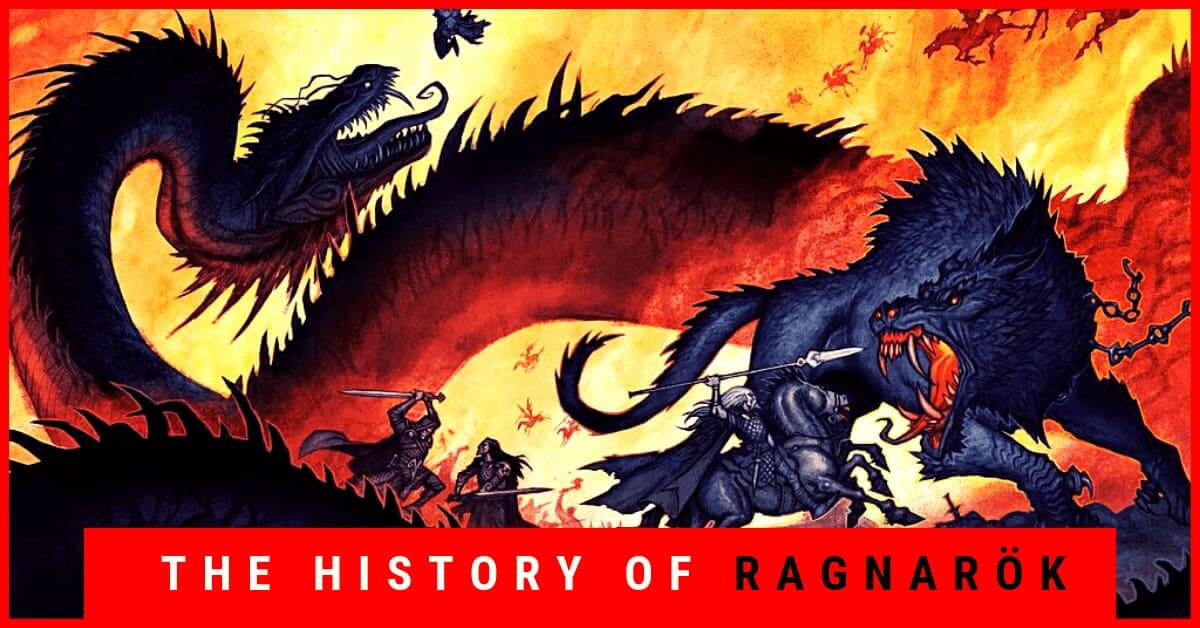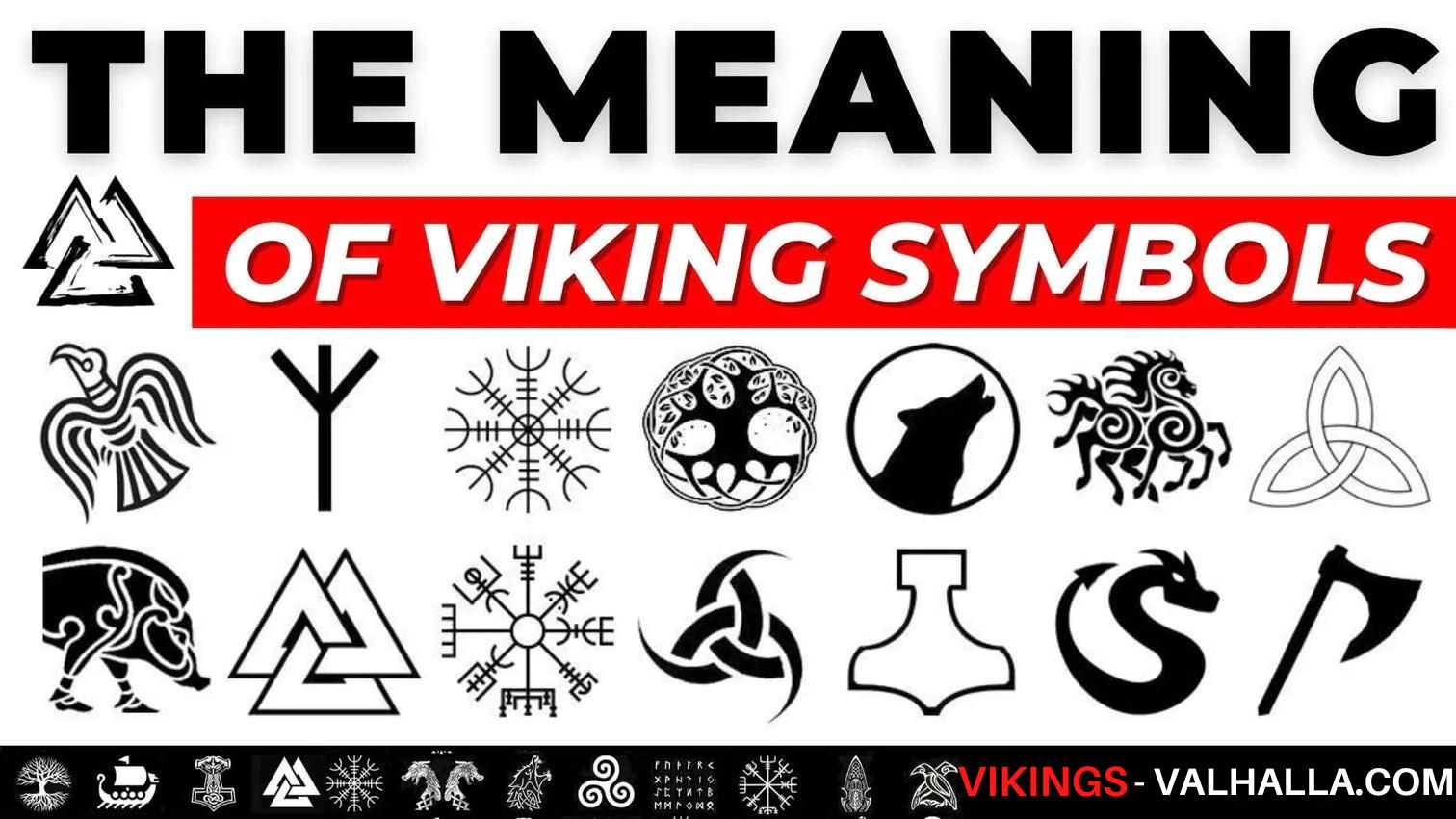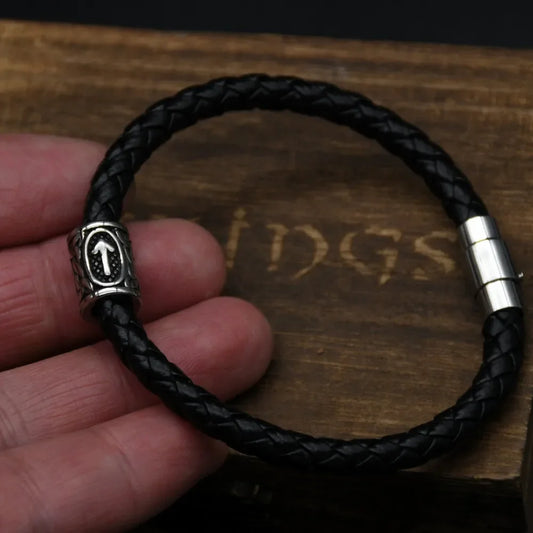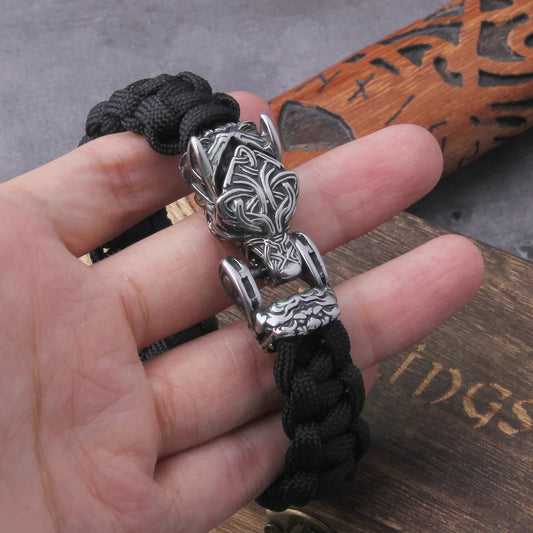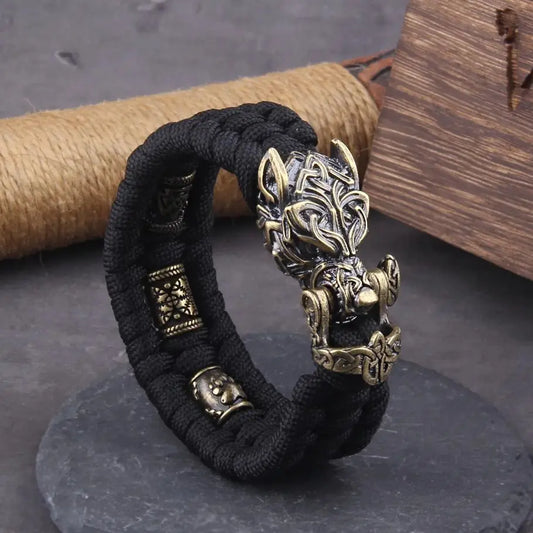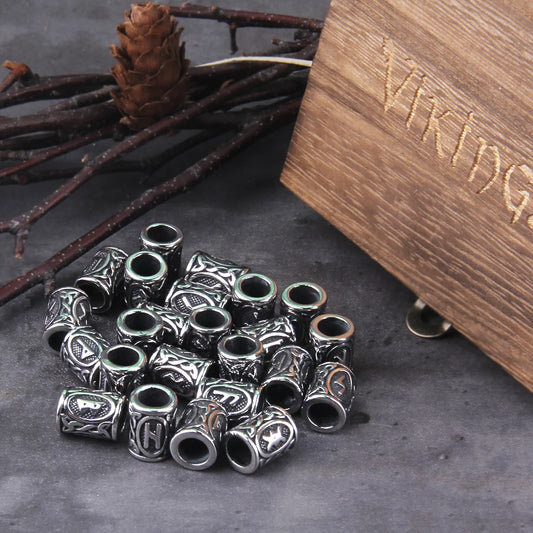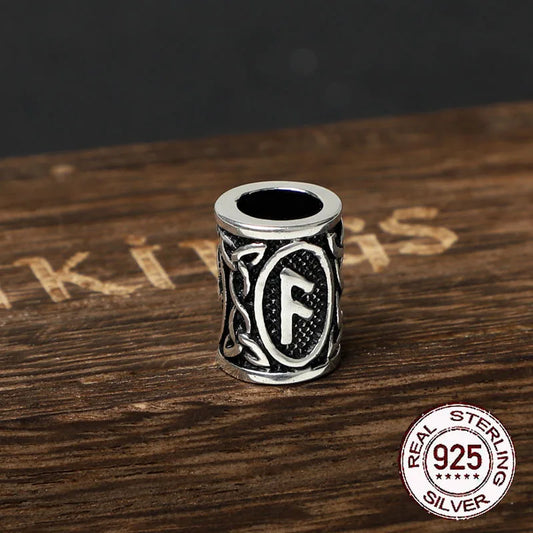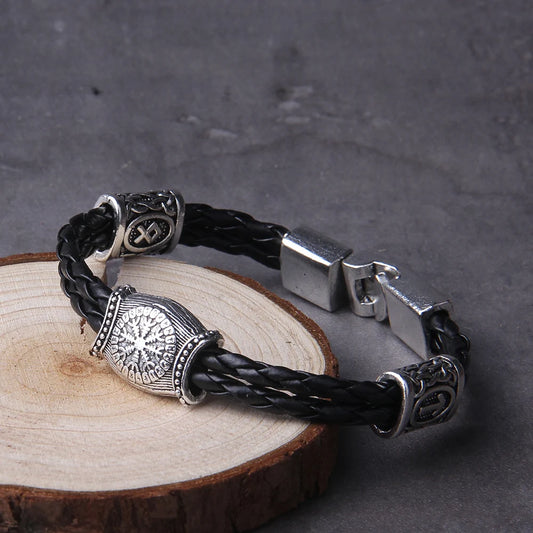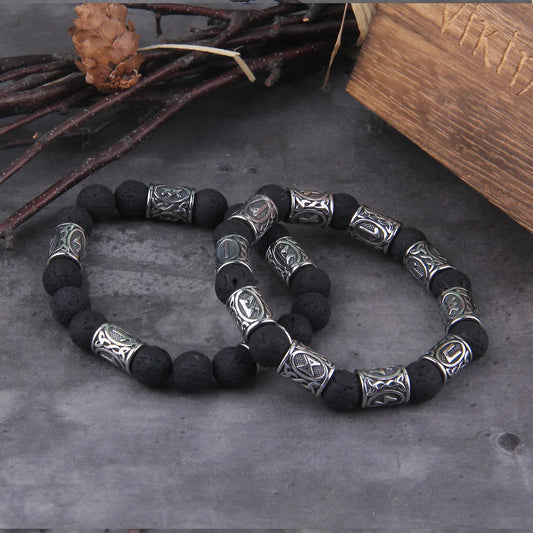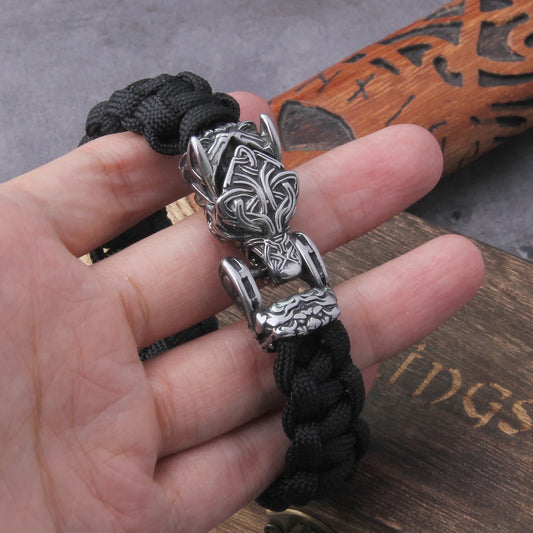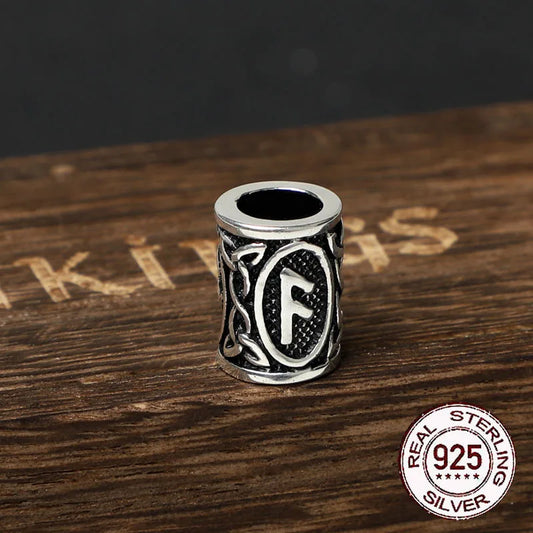Tyr (Old Norse: Týr) is the god of war and order in Norse mythology, described as the 'one-handed'. According to the greater Edda he is the son of the giant Hymir and Hrodr.
In his minor Edda Snorri Sturluson describes him as son of Odin and Frigg. Corresponding names in Germanic languages include Tyz (in Gothic), Ty (in Old Norwegian), Ti (in Old Swedish), Tiw, Tiu or Tew (in Old English) and Ziu (in Old High German).
Tyr's Origins
The name Tyr means 'god' (or Hangatyr, the 'hanging god', as one of the names of Odin) and comes from the Proto-Germanic language Tîwaz, which is the continuation of the Proto-Indo-European language Dieus, which was also the precursor of Zeus in Greek mythology, of Jupiter (evolution of Diu Piter) in Roman mythology, of Dievas in Baltic mythology and of Diaus Pitar (a vanished god), in the extinct Vedic religion of India. The oldest testimony of the source of this god is the Gothic Tyz.
At a certain point, Tîwaz was surpassed in renown and authority by Odin in the North and West Germanic traditions. Among the East Germanic tribes, however, he seems to have remained the supreme god: the Goths of the third century were feared because they sacrificed the captives they took in battle, in honor of Tyz, their god of war, and then hung the arms of the victims on trees as symbols of offering.
This custom of human sacrifice seems to have been transferred to Odin in Scandinavia, as reported by Adam of Bremen in the 11th century (also Odin himself hangs from a tree in the Hávamál as a sacrifice to himself).
It is possible that the transfer of supremacy from Tyr to Odin was facilitated by the Germanic custom of diarchy (see Hengest and Horsa, Yngvi and Alf and Alrek and Eirík), so that the two gods may have ruled the early Germanic pantheon as equals at a certain point.
A trace of their relationship may be considered in the appearance of Tyr as the son of Odin in Norse mythology, and also in Anglo-Saxon mythology, if Tiw is identified with Saxnot (Seaxneat), the 'god of war' and son of Woden, who was revered as an ancestor of the Saxons.
There is partial evidence for a consort in the German Zisa: Tacitus mentions a Germanic tribe that worshipped "Isis", and Jacob Grimm pointed to Cisa/Zisa, the patroness of Augsburg, in this connection. The name Zisa would be derived from Ziu etymologically, in agreement with other consorts to the main god in the Indo-European pantheons, e.g. Zeus and Dione. Jacob Grimm also relates Ziu to Irminur, as divinity of the sky.
Tyr was relatively unimportant compared to Odin among the North and West Germanic peoples.
However, traces of the god still exist, in tuesday ('Tuesday' in English), named after Tyr in the North and West Germanic languages (corresponding in English to Martis dies, dedicated to the Roman god of war, Mars) and also in the names of some plants, e.g., in Old Norse the words týsfiola (Viola) and týsfiola (Viola): from Old Norse the words týsfiola (Viola martii in Latin), Týrhialm (Aconitum, one of the most poisonous plants in Europe whose helmet shape suggests a warrior connection) and Týviðr, 'Tý's wood', in the Helsingor tistbast dialect, in modern Swedish tibast (which is Daphne mezereum, a shrub that flowers before the leaves appear in spring).
Also the Swedish forest Tiveden may have been named after Tyr, or reflecting Tyr as a generic word for 'god' (i.e., 'the forest of the gods').
Tyr and Fenrir
According to the Edda, at a certain stage the gods decided to chain the wolf Fenrir, but the beast broke every chain they put on him. Finally they had the dwarves make them a magic band called Gleipnir, made of materials such as a woman's beard and the roots of a mountain and the saliva of a bird.
But Fenrir sensed the deception of the gods and refused to remain bound with this band unless one of them put his hand in the wolf's mouth, as a sign of good faith. Tyr, known for his great courage, agreed, and the other gods bound the wolf.
Fenrir felt he had been tricked and bit the god's hand. Fenrir will remain chained until the day of Ragnarök. During which, Tyr will kill and be killed by Garm, the watchdog of Helheim. Tyr was a strangely left-handed god, considering that at that time it was associated with bad fortune.


